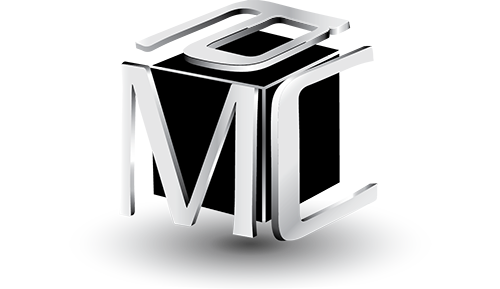
Through People


Organization Culture is a hot topic. I am working with several clients who see culture as a source of competitive advantage and a driver of their future growth. This is not just an example of the “next shiny object” syndrome because there’s plenty of research to back up their interest.
I typically start a culture change process by assessing the current state and identifying the high-impact culture factors that the company can address in the next 12 to 18 months. Then comes the hard part – figuring out which change “levers” the company can pull to create meaningful culture movement. In my experience, there are three key levers.
1. Communications This does not entail just writing an article in the company newsletter. It starts by clearly identifying the business case for culture change and the vision of where the top leadership wants to take the organization. This lever requires answering questions like why should we change, what do we want to change to and how we’ll know when we’ve arrived?. This should be conducted through in-depth dialogues with the organization’s top leaders who must internalize the answers and commit to moving forward. The business case and vision can then be built into a stakeholder analysis and multi-media communication plan.
2. Talent A significant lever for culture change lies in the behaviors of leaders. Much of what makes up culture is created and sustained by the abilities and actions of key leaders. Therefore, identifying culture-critical leadership competencies, assessing current leader capability and developing leadership skills directly linked to culture is key to any change initiative. It may also involve the tough work of identifying “poison pill” leaders who are resistant to change and therefore have to be moved out of the way.
3. A Plan Culture change is hard work (but with a big payoff). Change doesn’t happen automatically even if you have a great business case and top-notch leaders. The plan starts with the one or two culture factors the organization is going to address at any one time. Then project management kicks in. Detailed action plans need to be established with time frames, accountability, resources, and contingencies. In addition, tracking and measurement processes need to be developed and implemented.
You can learn more about culture by checking out my whitepaper Leveraging Culture to Drive Business Performance.
If your organization is interested in learning more about culture or is considering undertaking a culture change journey, I would be glad to offer a no-obligation overview for your top leaders.
Contact Michael